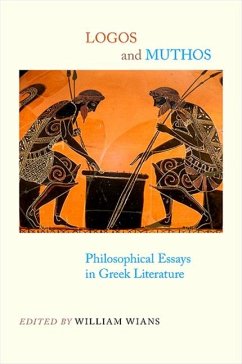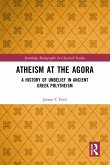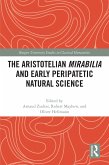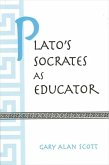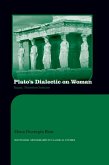What are the connections between ancient Greek literary and philosophical texts? Are they in fact two rival forms of discourse mutually opposed to one another? Concentrating on literary authors such as Homer, Hesiod, the Archaic poets, and the tragic playwrights, the contributors in this pioneering volume examine the concerns that such literary authors shared with their philosophical contemporaries. Equal attention is given also to the extent to which each group of authors shows an awareness of the demands and limitations of their forms, and how the study of nonphilosophical authors illuminates the goals and characters of ancient philosophizing. These essays reveal a dynamic range of interactions, reactions, tensions, and ambiguities, showing how Greek literary creations impacted and provided the background against which Greek philosophy arose in more intricate and complex ways than previously believed.
Dieser Download kann aus rechtlichen Gründen nur mit Rechnungsadresse in A, D ausgeliefert werden.

